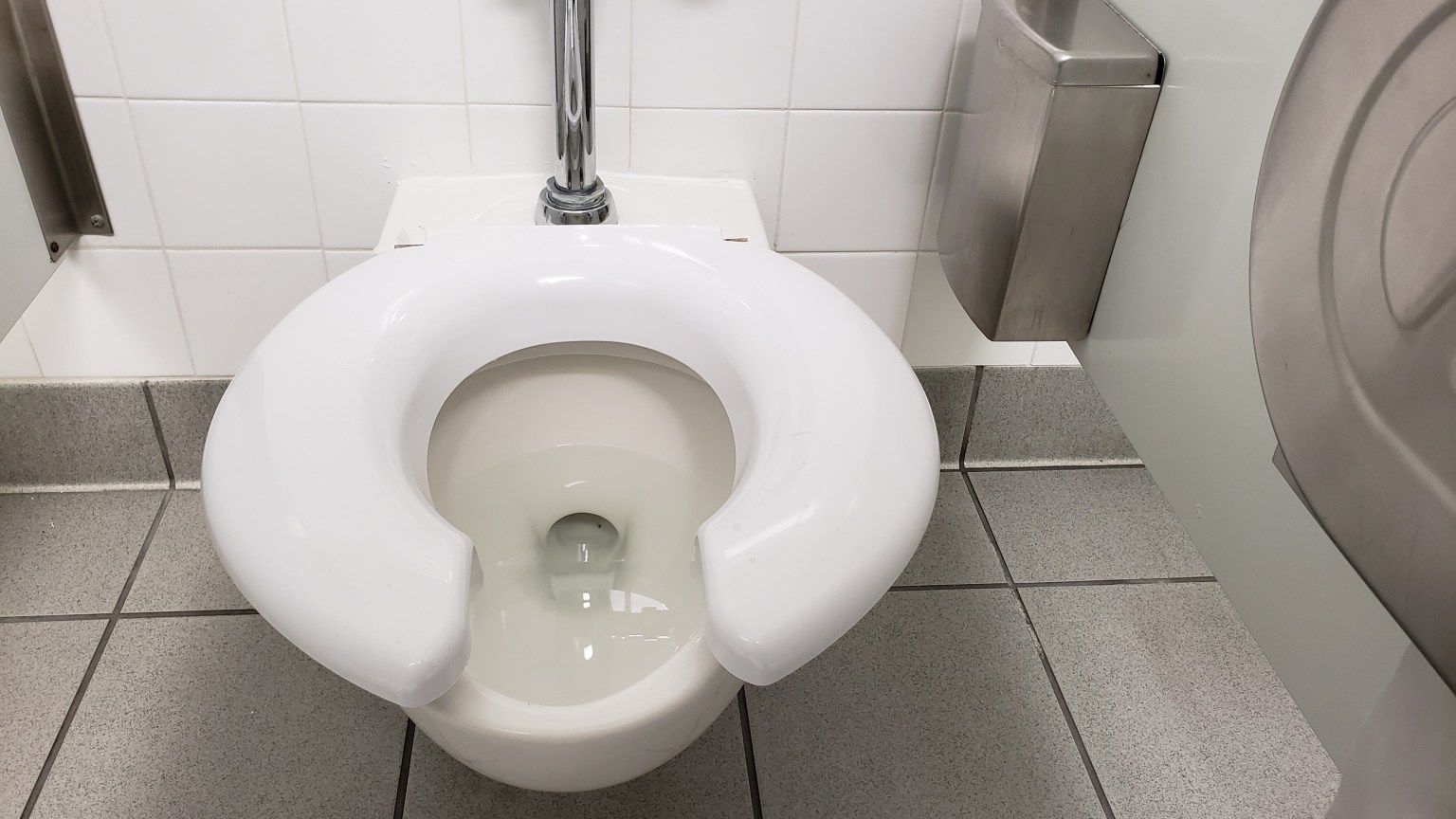I recently read a study that reported that constipation can present in children as young as 4 months of age. Four months. That may seem young, but unfortunately I'd challenge that study – as a practitioner, I've seen children with constipation younger than that.
When I'm working with an infant, or I'm asking an older child and their family about their infancy, family members often tell me that they didn't have constipation as an infant. But I tend to ask a bit more about what they mean. Different families may define 'constipation' differently – but what really matters is the symptoms. If a person has no symptoms, great! But if there are symptoms present, something has the potential to improve.
For example, a person may have a bowel movement once per day, but have chronic abdominal pain. I would challenge this person to attempt to go more per day, as the abdominal pain may be indicative that there is too much stool backing up during the day – that once per day does not evacuate enough stool in this particular person. So is pooping once per day within the "normal" range – yes. But for this person, they may need to go more frequently. The same goes for any person, any age – including infants.
Was your child colicky as an infant? Did they have a lot of reflux? How often were they pooping?
Parents have told me that their infant was pooping once per day, but were distraught and symptomatic, but that they weren't constipated yet – that they only became constipated when they were older. But let's talk about normalcy and what an infant should do. Reflux, colic, constipation (which can include decreased, not just absent, poops) – all are signs of a GI system that isn't happy.
Why would an infant have an unhappy GI system? Well just like adults, children and infants can have sensitivities to foods. Lactose passed through breast milk, transitioning from breast milk to formula, or formula in general – all can cause a GI system to be unhappy. Every body is different – some tolerate lactose better than others. But in a symptomatic infant, I would challenge the family to think about what the infant is eating, and identify if the symptoms are coming from that.
I'm proactive when it comes to infants. I don't like the "wait and see" method. If an infant "waits" just a few months to resolve symptoms, they could create very large delays in their development. It's easy for an infant to fall behind, easier to increase that delay if the cause isn't addressed, and extremely difficult to catch up. Prevention of delay is the key.
If the GI system isn't happy in an infant, it can lead to future problems, and not necessarily related to food. If you're stomach doesn't feel good, you're very unlikely to do some sit ups, right? Well a baby's job is to learn, grow and develop. So if their stomach doesn't feel good, they're very unlikely to be motivated to tolerate tummy time, or propped sitting, or other developmental positions that help them grow their musculoskeletal system appropriately. If they don't tolerate certain movements or positions that help them learn and grow, they may fall behind in gross motor skills, strength, or have the potential to have some deviation in their posture or alignment. Catching problems with the GI system earlier in an infant can help a family address those problems, and ultimately prevent delays with growth and development.
The other large factor I see with infants (or older children I see in clinic who have previously experienced this) is a higher level of medical intervention in infancy. An infant isn't meant to be poked and prodded in the NICU or hospital. However, sometimes the NICU is needed to save their life – and the future health of their GI system isn't quite the priority. However, I see a large correlation with kiddos that present with constipation, with a prior history of hospital stays or elevated medical care. If an infant is anxious, stressed, or is put into 'defense mode' because of elevated medical care, they may elevate their body's muscle tone globally, and inadvertently elevate their pelvic floor tone too. If this happens for long enough in infancy, or severely enough, the baby may develop a poor habit of keeping their pelvic floor tone elevated, putting them at higher risk for constipation, straining with bowel movements, or other symptoms later in life. I'm not saying all kiddos who have been hospitalized will ultimately have constipation later on. I'm saying I've seen quite a few kiddos who present with constipation, who have been admitted to the NICU as infants. There is definitely the potential to help infants transition to normal and healthy GI systems, by helping them grow out of that state of 'defensiveness.'
Unhappy bellies, poor digestion of formula, or higher levels of hospitalizations and elevated medical care, all have the potential to guide a baby towards poor development of gross motor skills, as well as poor learned habits of the GI system and dysfunctional defecation later in life. Identifying the factors that may be guiding them in the wrong direction, and changing those factors, and wonderful ways to keep your child on track.
What symptoms does your infant present with? Are there symptoms that could be coming from an unhappy belly? Are these symptoms limiting their tolerance of certain positions to play, grow and develop? How can you change these factors to see if you can ease the symptoms and help your child grow and develop on track?
Related Posts










